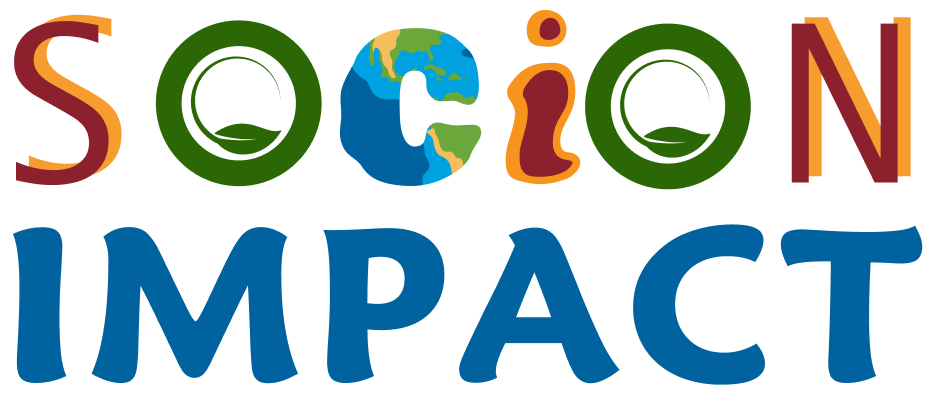Digital Literacy
In today’s rapidly evolving digital landscape, digital literacy has become an essential skill for individuals of all ages. Digital literacy refers to the ability to access, understand, evaluate, and utilize information, communication, and technology resources effectively and responsibly. Digitization of public and private services and the advent of digital communications, especially social media, have had important implications for users’ financial integrity and individual privacy.
To reap maximum benefits an optimum level of digital literacy becomes a must in order to identify and avoid the pitfalls to digital safety posed by cybercrime and digital fraud.
The growing reach of the internet and smartphones has made us vulnerable to online frauds and has put our security at risk due to potential online dangers to our data. We need to protect ourselves from these dangers that put at risk our personal information and even affect our mental well-being


Importance of Digital Literacy
Digital literacy is crucial for a variety of reasons
> Access to Information: The digital world provides a vast amount of information,
but without digital literacy, individuals might struggle to navigate and locate relevant information.
> Communication: Digital literacy enables effective communication through various
digital channels, fostering collaboration and networking.
> Employability: Many jobs now require digital skills, and digital literacy is a fundamental aspect of employability in the modern workforce.
> Critical Thinking: Digital literacy encourages critical thinking by helping individuals assess the credibility and reliability of online information.
> Empowerment: Being digitally literate empowers individuals to make informed decisions, engage in online communities, and participate in civic activities.
Strategies for Promoting Digital Literacy
Various strategies can be employed
> Inclusive Access: Efforts to bridge the digital divide, such as providing technology access in underserved communities.
> Curriculum Integration: Integrating digital literacy into educational curricula at all levels.
> Public Awareness Campaigns: Raising awareness about the importance of digital literacy and providing resources for learning.
> Online Tutorials and Courses: Offering accessible online courses and tutorials to help individuals learn and improve digital skills.
> Collaboration: Governments, educational institutions, NGOs, and private sector organizations can collaborate to create comprehensive digital literacy programs.
Conclusion
Digital literacy is no longer an optional skill; it’s a necessity in today’s digital age. By equipping individuals with the ability to navigate, evaluate, and utilize digital resources responsibly, we can empower them to thrive in an increasingly interconnected world. Through strategic initiatives, education, and awareness campaigns, societies can work together to promote digital literacy and ensure that everyone has the opportunity to harness the benefits of the digital era.

